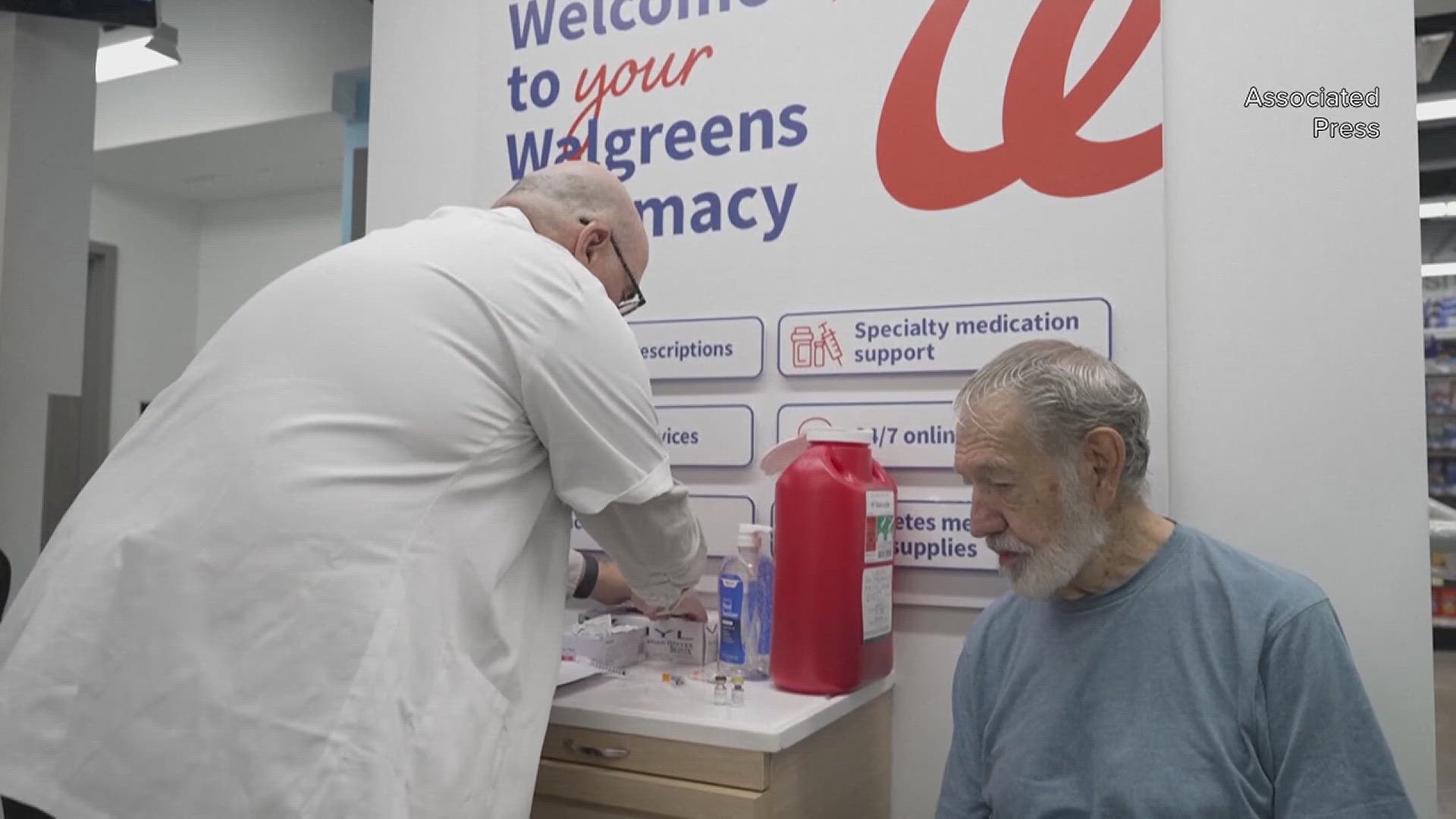The order, signed Monday, April 6 indicated that “medically vulnerable” inmates could be granted a furlough to prevent the spread of coronavirus in state facilities.
That order, however, has been met with criticism from members of the Illinois House of Representatives. On Monday, April 27, representatives took part in an online conference to express their dissatisfaction with the order.
Illinois Republicans are renewing demands for more information on inmates released during the coronavirus pandemic. They said Monday that Pritzker's administration hasn't been transparent and that inmates released during the pandemic include those with violent criminal histories.
Pritzker said Monday that the prison population has been reduced by about 1,300 inmates including some included in his order, but didn't have a full breakdown.
John Cabello, who represents Illinois’ 68th district, said 47 of the released inmates were convicted murderers. He said that number came from the Department of Corrections' website.
“That is absolutely, positively unacceptable and every single taxpayer in this state should be outraged,” he said.
The order was put in place after dozens of inmates and corrections staffers who were confirmed to have COVID-19.
In a report published on The Conversation website, a professor of criminal justice studies at the University of Dayton outlined the reasons inmates are more at risk for contracting COVID-19. Author Martha Hurley explained prison inmates often had inadequate health care before joining the prison population.
After getting put behind bars, those same inmates then “often age prematurely, experiencing health problems associated with people in the general population who are 10 to 15 years older,” she explains. “Their experiences in jail and prison can cause psychological distress and the manifestation of mental illnesses.”
According to the U.S. Department of Justice, in 2011 and 2012 about half of prisoners and jail inmates had experienced chronic medical conditions, either some time in their lives or currently. Hurley explained, that can heighten the risk for developing complications from COVID-19.
The Associated Press Contributed to this report



